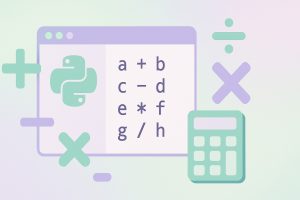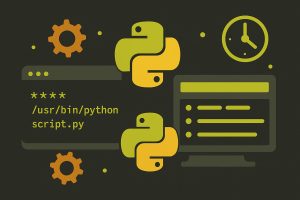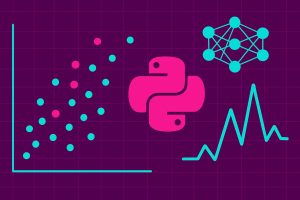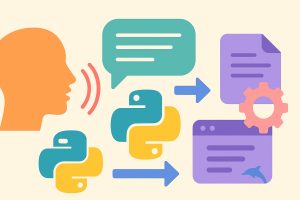Time is the quiet engine behind every modern system. It ticks away without asking for attention, yet every log entry, scheduled task, and network packet depends on it. On Linux, the idea of time often comes down to one simple number. That number is Unix Time. It is raw, clean, and trusted by developers across …
Jan 29
Solving Time Zone Problems in Python with a Global Time API
Time related bugs rarely announce themselves. They surface as missed cron jobs, duplicated scheduled tasks, logs that appear out of order, or user notifications sent at the wrong hour. Python developers building distributed systems face these issues often. The cause is usually the same, relying on local system time in a global context. This article …
Jan 15
How to Add a Clock and Countdown Widget to Your Website
Time shapes how people read and act on a website. Visitors want to know when something begins, when it ends, or what time it is right now. Without that context, even clear content can feel uncertain. Users pause. Some move on. Adding a clock widget or a countdown widget gives visitors immediate clarity. These small …
Aug 04
Fetch and Display Upcoming Events and Holidays with Python
Automating Event and Holiday Tracking with Python Keeping track of upcoming events and holidays can be an overwhelming task, especially when handling personal schedules, business meetings, and national observances. Relying on manual tracking often leads to missed deadlines, last-minute rushes, and inefficiencies in planning. Fortunately, Python provides a powerful solution to automate event tracking by …
Jul 31
Developing a Python Script for Basic Arithmetic Calculations
Why simple calculators still matter in everyday coding Not every problem needs a complex solution. Sometimes, having a small script that handles simple math is more than enough. Whether it’s for a quick check, a classroom tool, or an automation step in a larger project, basic arithmetic scripts make life easier without adding overhead. Python …
Jul 28
Scheduling Python Scripts with Cron and Task Scheduler
Automating Python scripts for reliable and repeatable workflows Many developers and data professionals rely on Python scripts to process data, generate reports, or manage recurring tasks. But running these scripts manually every time can be time-consuming and easy to forget. That’s where scheduling tools come in handy. Automation makes routines more dependable. Whether it’s cleaning …
Jul 25
How to Create Interactive Data Visualizations with Python and Plotly
Data storytelling made better with interactive visuals Good data tells a clear story. But when users can interact with it, the story becomes personal and easier to understand. Instead of static charts, people can filter, zoom, or hover to find details that matter to them. That’s why interactive data visualizations have become more common across …
Jul 22
How to Detect Anomalies in Data with Python and Machine Learning
Understanding why anomaly detection matters in real-world data Every dataset has a story to tell, but sometimes, unusual data points sneak in and disrupt that story. These outliers or anomalies can signal fraud, system failures, or simple errors. Ignoring them might lead to misleading analysis or faulty decisions, especially in areas like finance, cybersecurity, or …
Jul 18
Using Python to Convert Speech to Text for Automation Projects
A hands-free approach to speeding up tasks with real-time voice recognition Voice input has become an essential part of daily tech use, and people now interact with devices more naturally. For example, they talk to phones, ask questions to smart speakers, and use voice commands to write messages or search the web. Similarly, automation projects …
Jul 15
Building a Python Script to Display Week Numbers and Dates
Why showing week numbers and dates is useful Keeping track of week numbers can help with planning, especially for work schedules, school timelines, or project deadlines. Some businesses rely on week numbers for reporting. Others use them to organize tasks, track goals, or prepare for upcoming events. Most calendar apps don’t show week numbers by …










